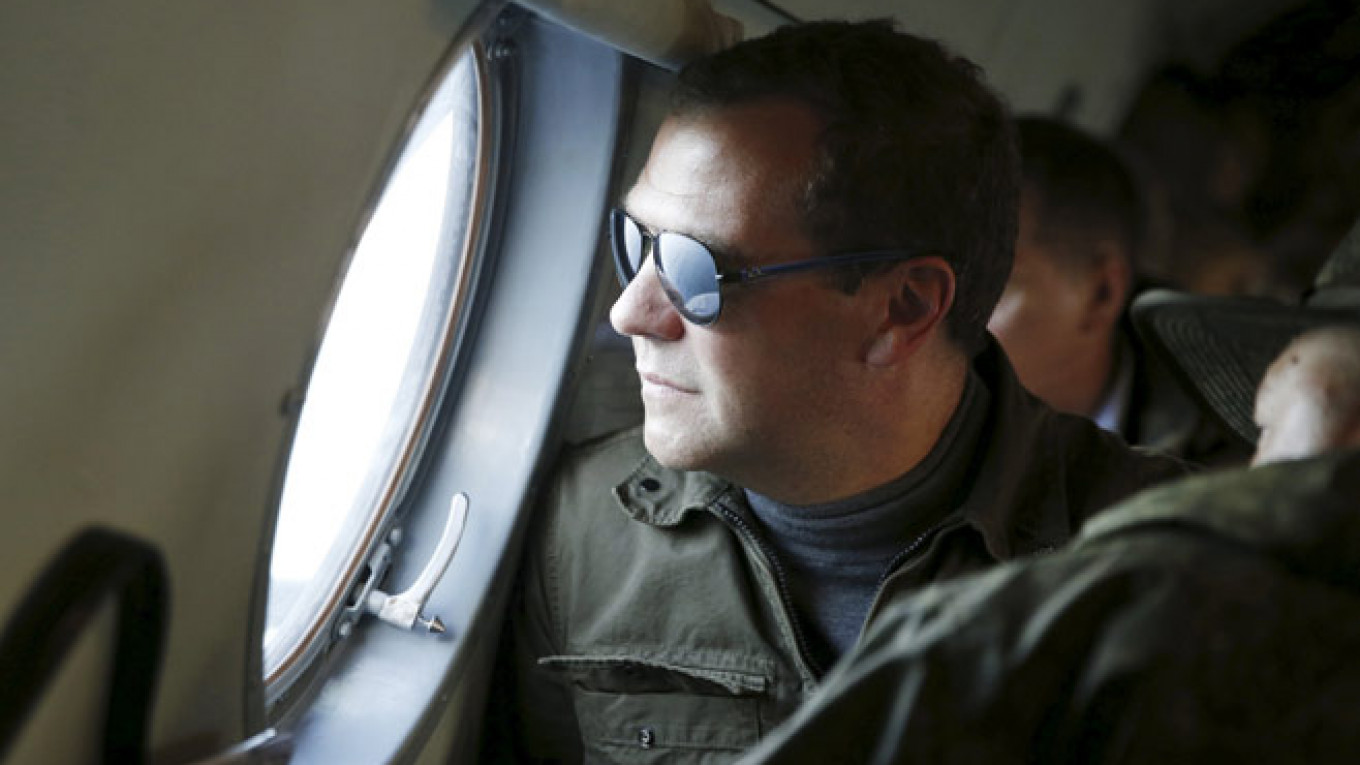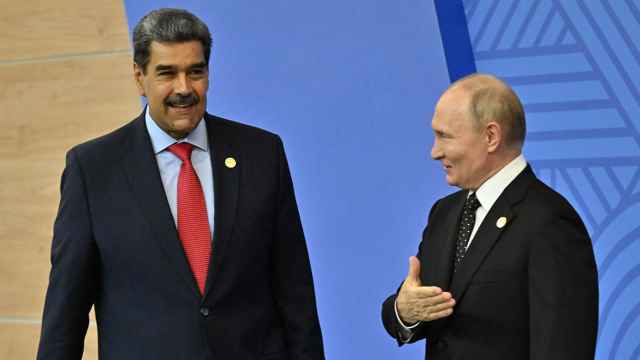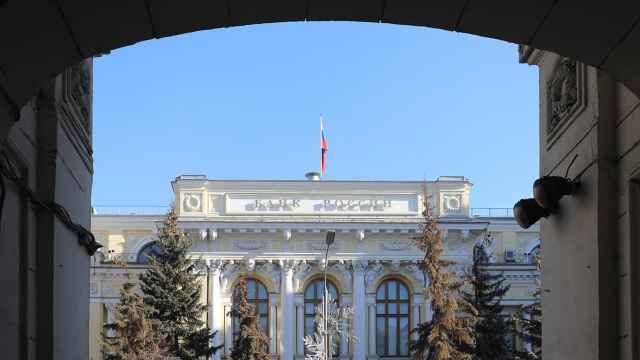Japan on Saturday lodged a protest over Russian Prime Minister Dmitry Medvedev’s visit to one of four disputed Pacific islands which have strained ties between the two countries since the end of World War II.
The decades-old argument over the territory, claimed by both states, could set back Japanese Prime Minister Shinzo Abe’s efforts to court resource-rich Russia and keep the door open to dialogue, despite the Ukraine crisis.
See the photo gallery: Russia's Prime Minister Visits Disputed Iturup Island
The islands are known in Russia as the Southern Kuril Islands and referred to as the Northern Territories in Japan. Russia seized them in the last days of World War II and the dispute has kept the two countries from signing a formal peace treaty since.
After Medvedev visited Iturup island on Saturday, senior Japanese Foreign Ministry official Hajime Hayashi lodged the protest with the Russian ambassador to Japan, Yevgeny Afanasyev, by telephone, the ministry said.
Japan had been hoping for a visit this year by President Vladimir Putin for summit talks with Abe, Kyodo news agency said.
While on the island, Medvedev said Japan’s attitude would not stop more such visits.
“Our position is simple: We want to be friends with Japan, Japan is our neighbor. We have a good attitude toward Japan, but this shouldn’t be linked in any way with the Kuril Islands, which are part of the Russian Federation,” he said.
“Therefore we have made visits, we are visiting and we will make visits to the Kuril Islands.”
Medvedev emphasized economic development plans for a region potentially rich in oil and gas and invited foreign investors.
“If it will be our neighbors, the Japanese, that’s not bad. If it will be Korean or Chinese friends, that’s also not bad,” he said. “Whoever comes first will get benefits.”
Russia ordered a quicker buildup of military facilities in the disputed islands in June, following comments by Putin in April that he was ready to discuss the issue, while blaming Japan for a lack of dialogue.
On Saturday, Russia also published a government resolution affirming the country’s claim to the seabed and natural resources in the central part of the Okhotsk Sea between the Kuril Islands and the Russian mainland, adding more than 50,000 square kilometers to Russia’s territory.
The resolution said the claim had been approved by a United Nations commission last year and followed consultations with Japan.
Russia plans to at least double oil and gas flows to Asia in the next 20 years and Japan has been forced to resort to huge fuel imports to replace lost nuclear energy, after its reactors were shut down because of the 2011 Fukushima disaster.
A Message from The Moscow Times:
Dear readers,
We are facing unprecedented challenges. Russia's Prosecutor General's Office has designated The Moscow Times as an "undesirable" organization, criminalizing our work and putting our staff at risk of prosecution. This follows our earlier unjust labeling as a "foreign agent."
These actions are direct attempts to silence independent journalism in Russia. The authorities claim our work "discredits the decisions of the Russian leadership." We see things differently: we strive to provide accurate, unbiased reporting on Russia.
We, the journalists of The Moscow Times, refuse to be silenced. But to continue our work, we need your help.
Your support, no matter how small, makes a world of difference. If you can, please support us monthly starting from just $2. It's quick to set up, and every contribution makes a significant impact.
By supporting The Moscow Times, you're defending open, independent journalism in the face of repression. Thank you for standing with us.
Remind me later.






